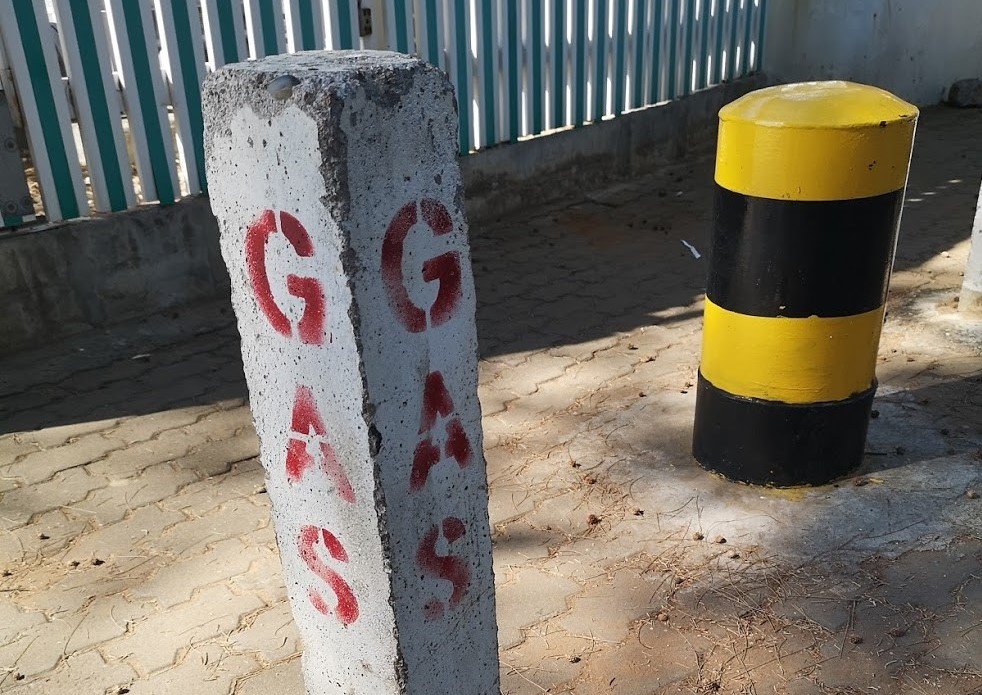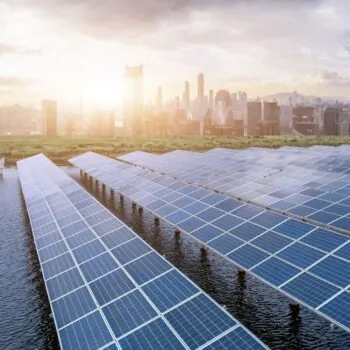Since natural gas was first discovered off the coast of northern Mozambique a decade ago, it has become central to the country’s development strategy. Revenues from gas – it was hoped – would catapult one of the least developed countries in the world to become a middle-income country by the 2040s. Gas production and exports were expected to spur widespread industrialisation, fund public investment and pay down debt.
10 years later, this story of ‘gas for development’ is failing. Conflict, corruption and economic distortion have meant that the promised economic benefits have not materialised. Meanwhile, a global shift in climate and energy policies mean the outlook for future gas demand is shrinking. This increases the downside risks of the gas projects and greatly reduces the potential benefits. In turn, lower revenues will narrow the options for responding to resource curse issues and addressing Mozambique’s pressing development needs.
A reset of expectations on the role of gas in Mozambique’s development is needed. For the Mozambican government, this means lowering dependence on increasingly uncertain gas revenues, and seeking out alternative pathways to prosperity.
For the international partners, donors and financial institutions that enabled and encouraged the gas projects, it means re-evaluating assumptions on the development benefits of gas, and redirecting financial support to more inclusive and sustainable economic sectors.


